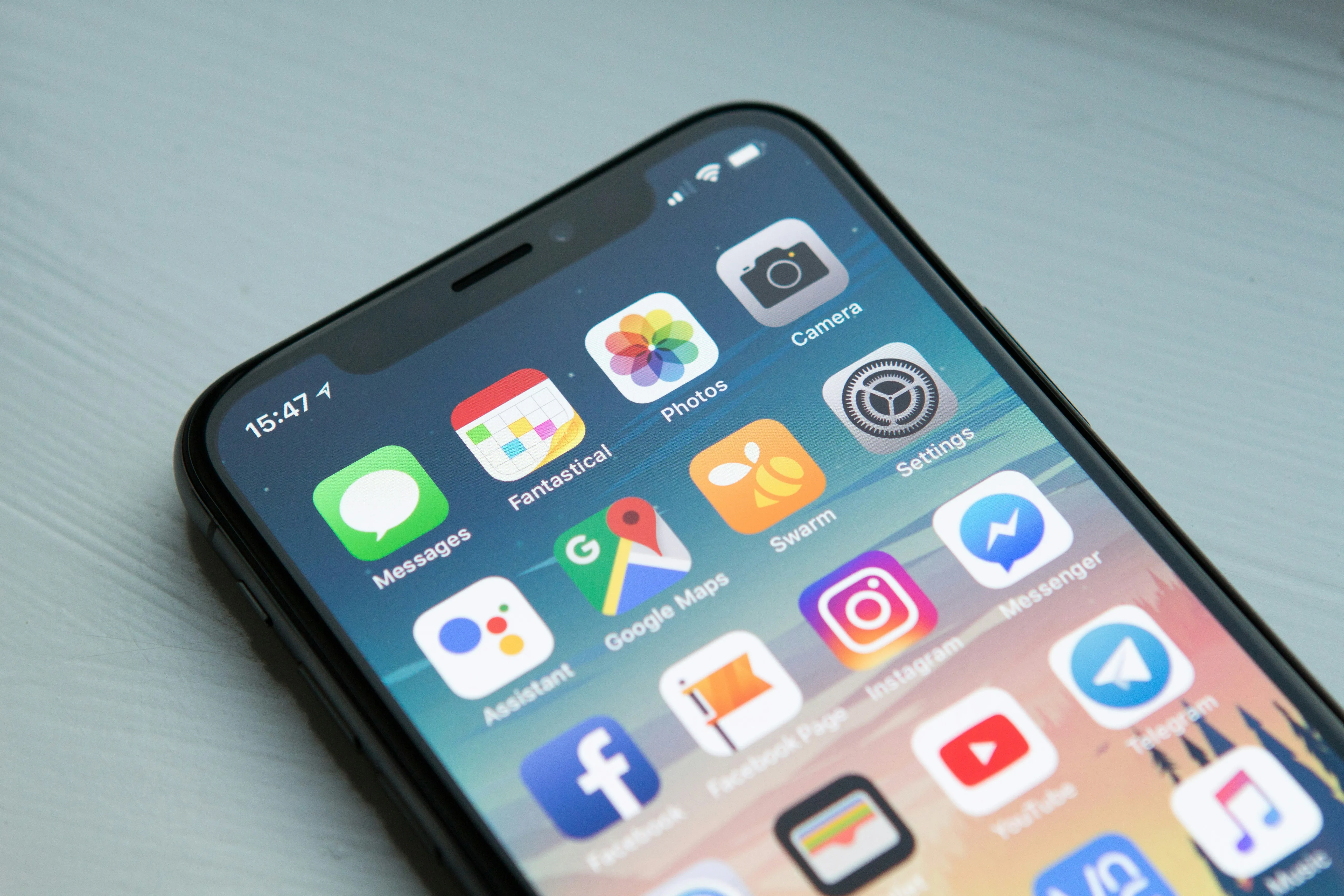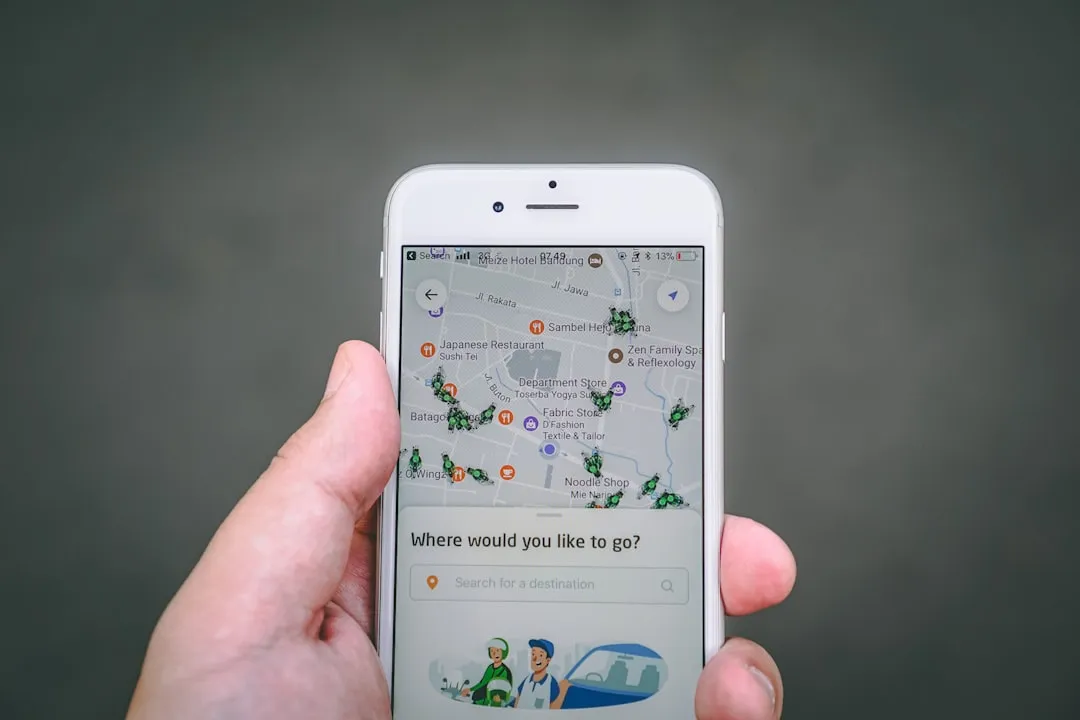Picture this: You wake up to find your favorite AI app suddenly vanished from Google Play Store, not because of a bug or developer decision, but because an entire nation's privacy watchdog pulled the nuclear option. That's exactly what's happening with DeepSeek in Germany, and it's about to reshape how we think about AI apps on Android.
Germany's data protection commissioner has formally asked Google (and Apple) to ban DeepSeek from their app stores, citing illegal data transfers to China. Commissioner Meike Kamp alleges that the Beijing-based company unlawfully collects German users' data and ships it to Chinese servers without proper GDPR safeguards. Security researchers have discovered that the DeepSeek app sends sensitive registration and device data over the internet without encryption, exposing users to both passive and active attacks.
What you need to know: This isn't just another privacy kerfuffle—it's a stress test of how Android's ecosystem handles regulatory pressure when governments demand app removals for data protection violations.
Why Germany's GDPR hammer actually matters for Android users
The foundation of Germany's complaint rests on a fundamental GDPR requirement: personal data can only leave the EU if the destination country provides equivalent protection. China's surveillance framework makes it nearly impossible to meet European privacy standards, according to data protection experts who note that Chinese authorities have "far-reaching access rights to personal data within the sphere of influence of Chinese companies."
DeepSeek's approach to compliance reveals the depth of these violations. The app's privacy policy completely ignores GDPR, failing to mention EU data protection rights or explain what legal mechanisms facilitate international transfers. When Kamp's office asked DeepSeek in May to either comply with transfer requirements or voluntarily withdraw its app, the company refused.
This regulatory confrontation extends beyond legal technicalities into serious security territory. NowSecure's analysis revealed the Android version suffers from hard-coded encryption keys, weak cryptographic algorithms, and SQL injection risks—vulnerabilities that strengthen regulators' arguments about inadequate data protection.
The implications ripple through Android's entire app ecosystem. If Google complies with Germany's request, it establishes a precedent for how the Play Store responds to regulatory pressure over data protection—potentially affecting any app with questionable data transfer practices.
What Android's security flaws reveal about the bigger picture
The technical vulnerabilities discovered in DeepSeek's Android app paint a concerning picture that goes far beyond basic privacy policy violations. Security assessments found that DeepSeek's app globally disables App Transport Security, an iOS platform-level protection designed to prevent sensitive data transmission over unencrypted channels.
The encryption implementation represents what security experts call "ripping safety rails off a highway." The app uses the deprecated Triple DES encryption algorithm with hard-coded keys directly embedded in the application—a practice that makes data protection virtually meaningless since anyone can extract the keys through reverse engineering.
DeepSeek's data harvesting extends into device identity collection that enables sophisticated tracking. The app extensively harvests device data including device names (often containing users' real names), IP addresses, and advertising IDs. This data gets transmitted to servers belonging to ByteDance and other Chinese companies operating under Chinese legal frameworks that require data sharing with government authorities upon request.
The most troubling discovery involves the app's cached data storage practices. DeepSeek stores sensitive information like usernames, passwords, and encryption keys in unprotected databases on user devices, creating additional vulnerability vectors if devices are compromised or analyzed.
SecurityScorecard noted something particularly concerning: "DeepSeek's app employs anti-debugging mechanisms designed to obstruct security analysis—an unusual move for a company claiming transparency." This suggests deliberate efforts to hide security practices from scrutiny, making regulatory concerns about data protection even more justified.
The domino effect: How Europe's crackdown is spreading
Germany's action represents the culmination of a coordinated European regulatory strategy that's been building since DeepSeek's explosive popularity in January 2025. Seven of 16 European data protection authorities have launched formal investigations or information requests regarding DeepSeek's GDPR compliance.
Italy blazed the trail by blocking the app after finding the company's response about data handling "totally insufficient." Belgium's DPA opened a formal investigation after consumer organization TestAchat filed a complaint, while France's CNIL confirmed it would analyze DeepSeek's tools and request additional information.
The coordination reveals a strategic enforcement approach that could reshape how Android handles AI apps from non-EU companies. German data protection authorities held a joint meeting on AI on January 29th to strategize their response, working alongside regulators from Baden-Württemberg, Rhineland-Palatinate, and Bremen.
This European regulatory alignment creates enforcement mechanisms with significant financial teeth. Privacy advocacy group noyb has filed similar GDPR complaints against six Chinese companies, including TikTok, AliExpress, and Temu, for allegedly unlawful data transfers to China. The potential fines are massive—up to 4% of global revenue, which could reach €1.35 billion for Temu alone.
The broader message to Android's ecosystem is clear: data protection compliance isn't just a legal checkbox—it's becoming a prerequisite for market access across the EU's 450 million users.
What this means for your Android apps going forward
The DeepSeek situation has become a defining moment for how Android's ecosystem balances AI innovation with data protection enforcement. If Google removes DeepSeek from Play Store in response to German pressure, it creates a framework where European regulatory decisions directly shape Android app availability globally.
For Android users, this highlights a critical shift: your app ecosystem is increasingly shaped by regulatory decisions made thousands of miles away. IT security teams are already using mobile device management solutions to block and remove DeepSeek from managed devices due to the severity of security flaws discovered in the assessments.
The DeepSeek case demonstrates how technical vulnerabilities can amplify regulatory enforcement actions. When apps combine poor security practices with questionable data transfer policies, they create enforcement targets that regulators can use to establish broader precedents for AI app oversight.
PRO TIP: Keep an eye on your app permissions and consider the data transfer implications of AI apps, especially those from companies operating under different privacy frameworks than your home country.
This regulatory enforcement pattern suggests we're entering an era where Android app availability will be increasingly determined by compliance with the most stringent data protection standards globally. Apps that can't meet GDPR requirements risk losing access to not just European markets, but potentially facing scrutiny in other regions that look to EU regulatory decisions as precedents.
Where do we go from here?
The DeepSeek controversy represents more than privacy enforcement—it's a preview of how AI apps will navigate increasingly complex regulatory landscapes where technical security flaws can trigger systematic market exclusion. Germany's coordinated approach with other EU regulators suggests we're moving toward more systematic enforcement of data protection rules, with app stores caught in the middle as enforcement mechanisms.
For Google and the Android ecosystem, this creates a delicate balancing act between innovation, user choice, and regulatory compliance. The company must decide whether to support national regulators' requests for app removals or push back against what could become a flood of government intervention in app availability.
The stakes couldn't be higher: if national regulators across the EU align with Germany's stance, it could effectively isolate non-compliant AI apps from a significant portion of the global Android user base. As one legal expert noted, achieving consensus among EU regulators could lead to an effective bloc-wide prohibition that would severely limit problematic apps' market reach across Europe.
What makes the DeepSeek case particularly significant is how it combines multiple enforcement triggers—GDPR violations, security vulnerabilities, and geopolitical concerns about data transfers to China—into a comprehensive regulatory response that could serve as a template for future AI app oversight.
The DeepSeek situation is far from over, and its resolution will likely set important precedents for how Android handles the growing tension between AI innovation and data protection in an increasingly regulated world. The outcome will signal whether app stores become active enforcers of regional data protection standards or push back against regulatory pressure to maintain platform neutrality.
























Comments
Be the first, drop a comment!